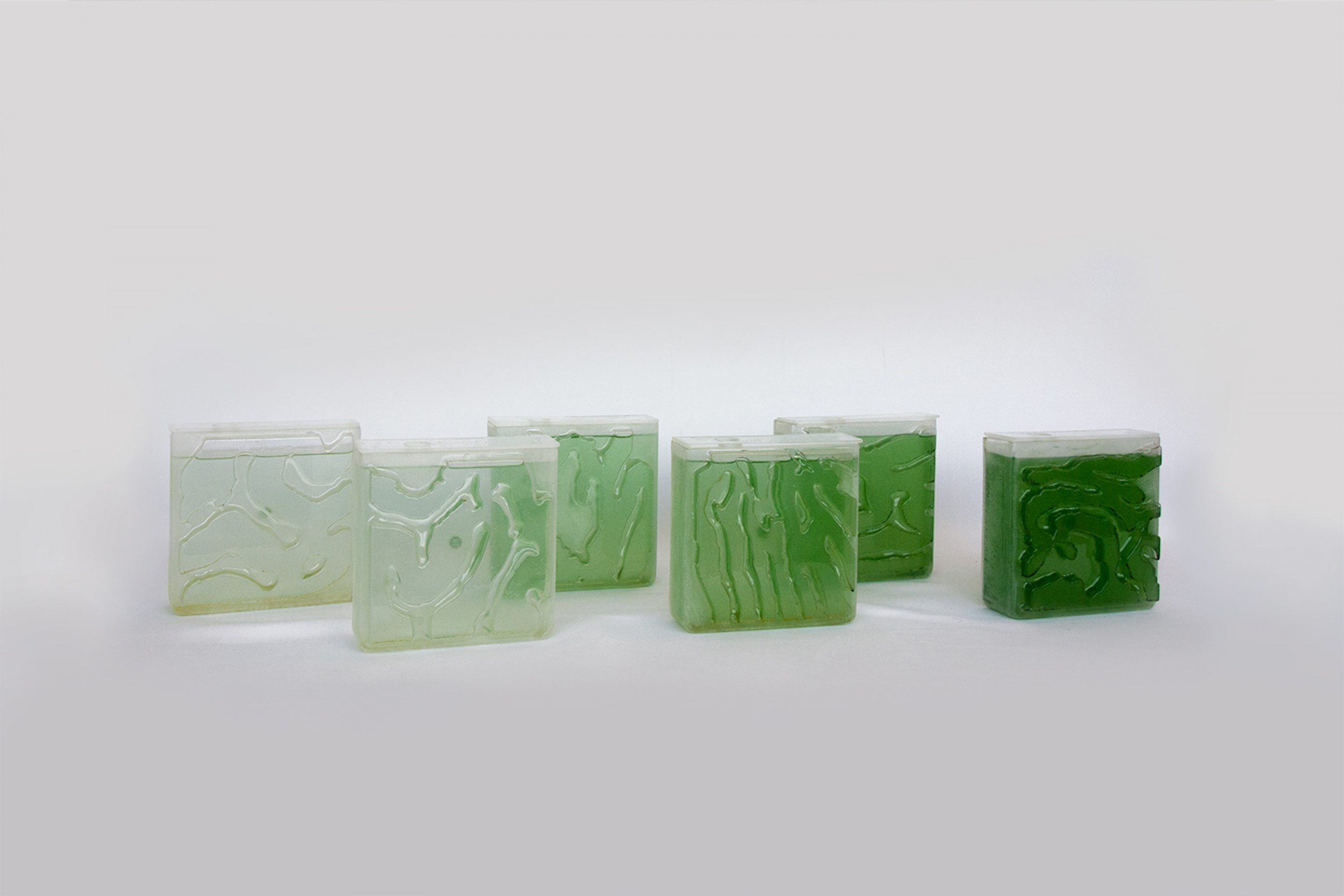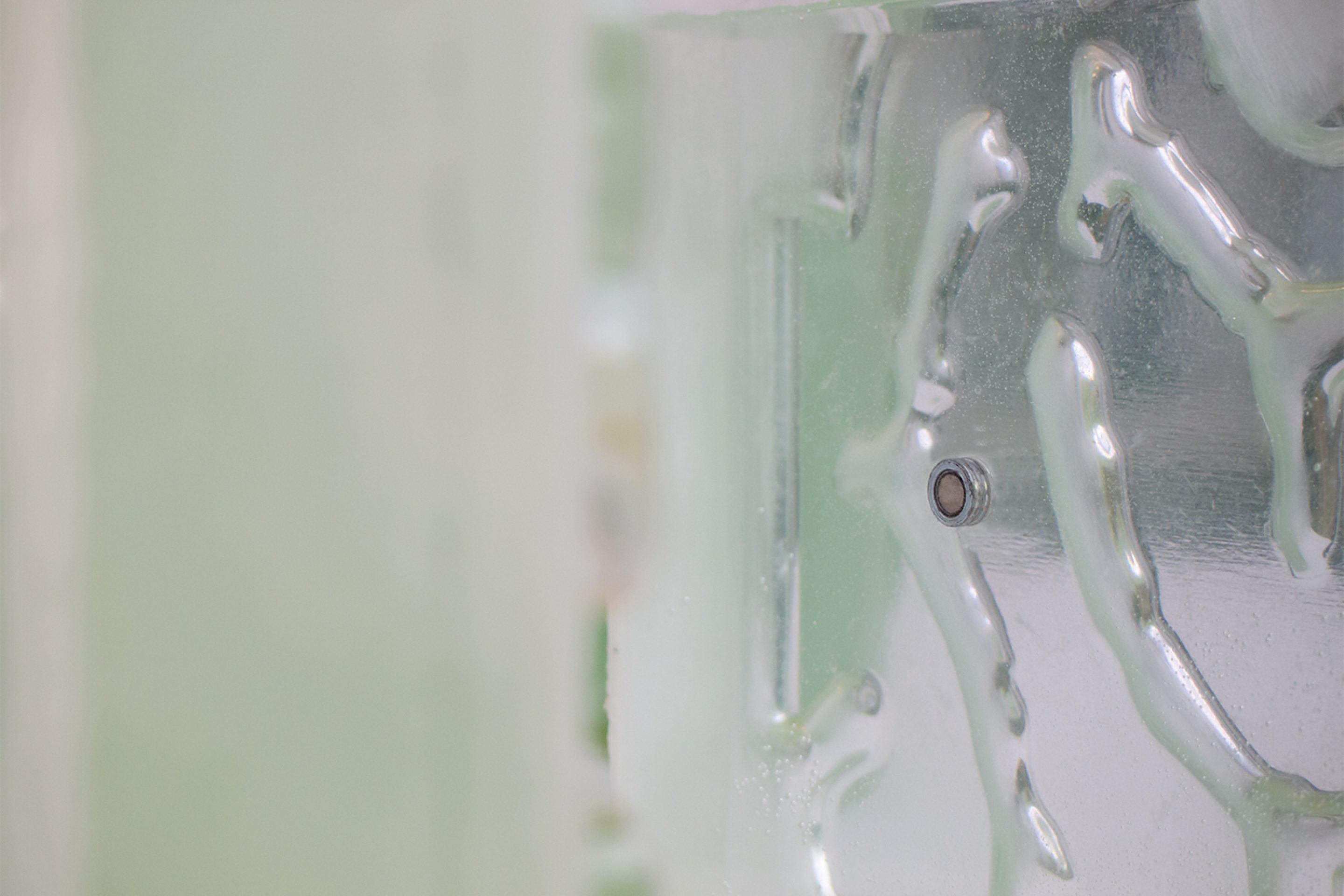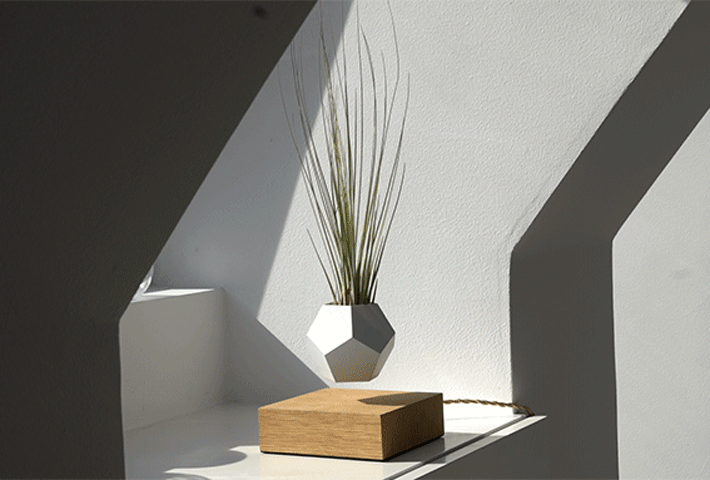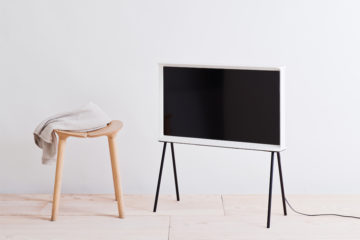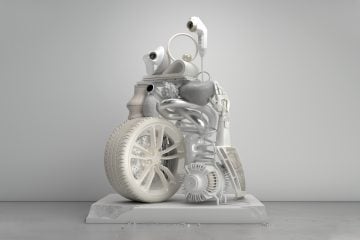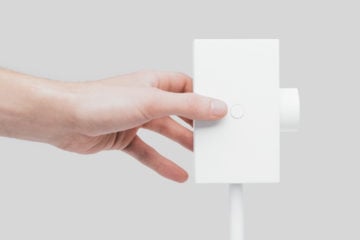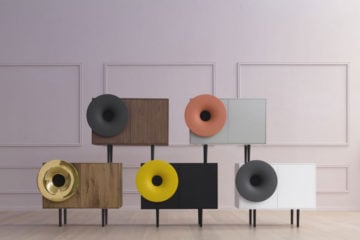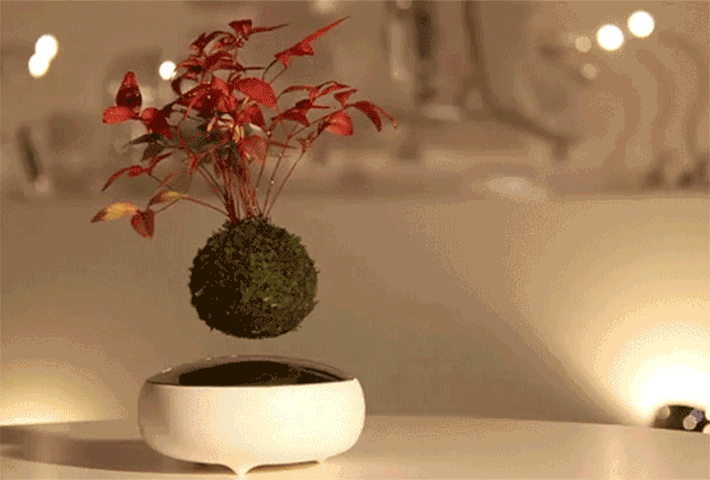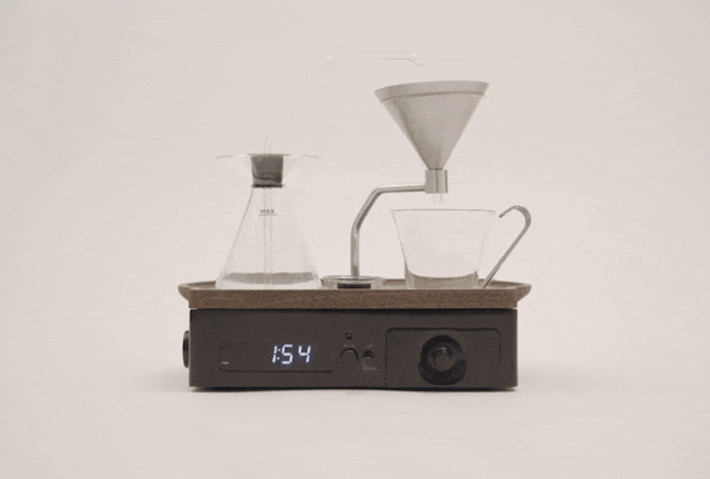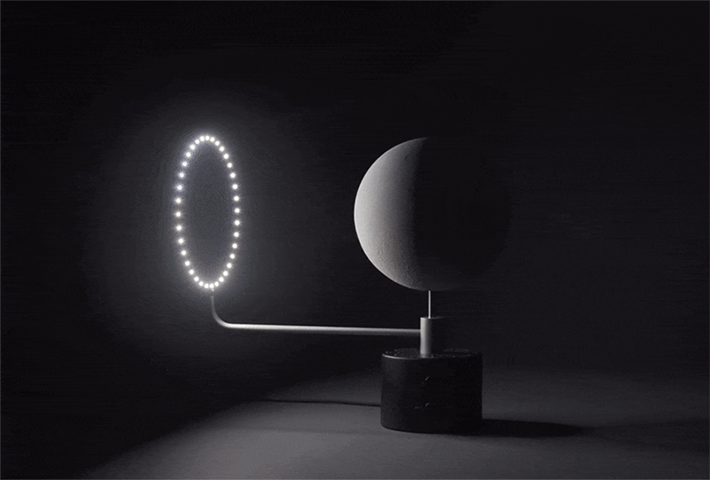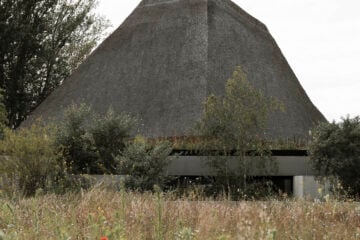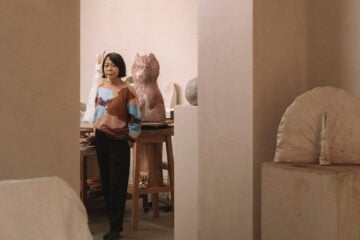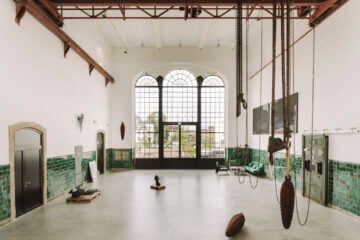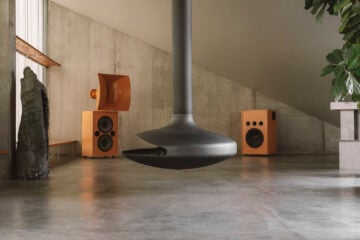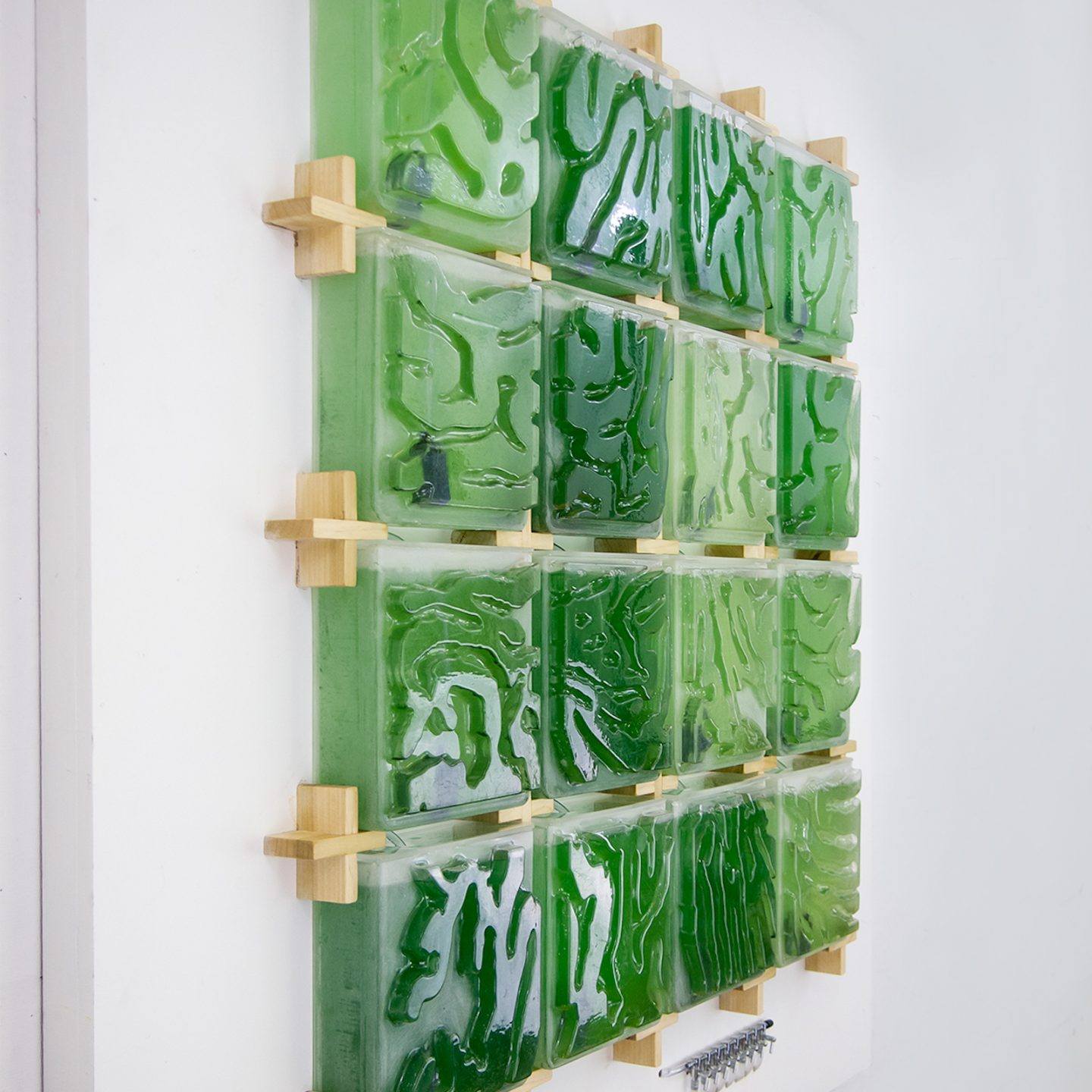
This Micro-Algae Indoor Farm Shows The Promising Future Of Plant Technologies
- Name
- Ulrim
- Project
- The Coral
- Images
- Hyunseok An
- Words
- Steph Wade
Micro-algae are one of the most important resources on earth; they can be found everywhere in nature, and are a valuable source of biomass used in the renewable energy, pharmaceutical, and scientific industries. Algae are vital to human life because of their ability to convert carbon dioxide into other valuable nutrients. Some 3.5 billion years ago life began on earth without oxygen. Over time cyanobacteria (blue–green algae) emerged, releasing oxygen into the atmosphere—changing its composition and consequently, the course of evolution. To state that our lives depend on algae would not be an exaggeration, and it’s an important reminder in an era in which our consumption of fossil fuels is a big point of concern.
Ulrim’s project aims to challenge our preconceived notions of algae. “We tend to dismiss algae,” says the studio, “associating it with negative feelings: mossy, slimy, or gross. This isn’t strange, because we usually see algae in unpleasant situations—like stagnant water, with a nauseous smell like pond scum—and these contexts influence our perception of algae as distasteful.” Ulrim argues that we underestimate algae’s benefits, and should bring this biomass into our diets. ‘The Coral’ was designed for this: a four-by-four grid containing two grams of algae in each cell. Through its simple harvesting process, the 16 cells change color from transparent to shades of dark green as the algae grows; completing a vibrant wall hanging that allows the user “to welcome the algae farm at home for aesthetic purposes.”
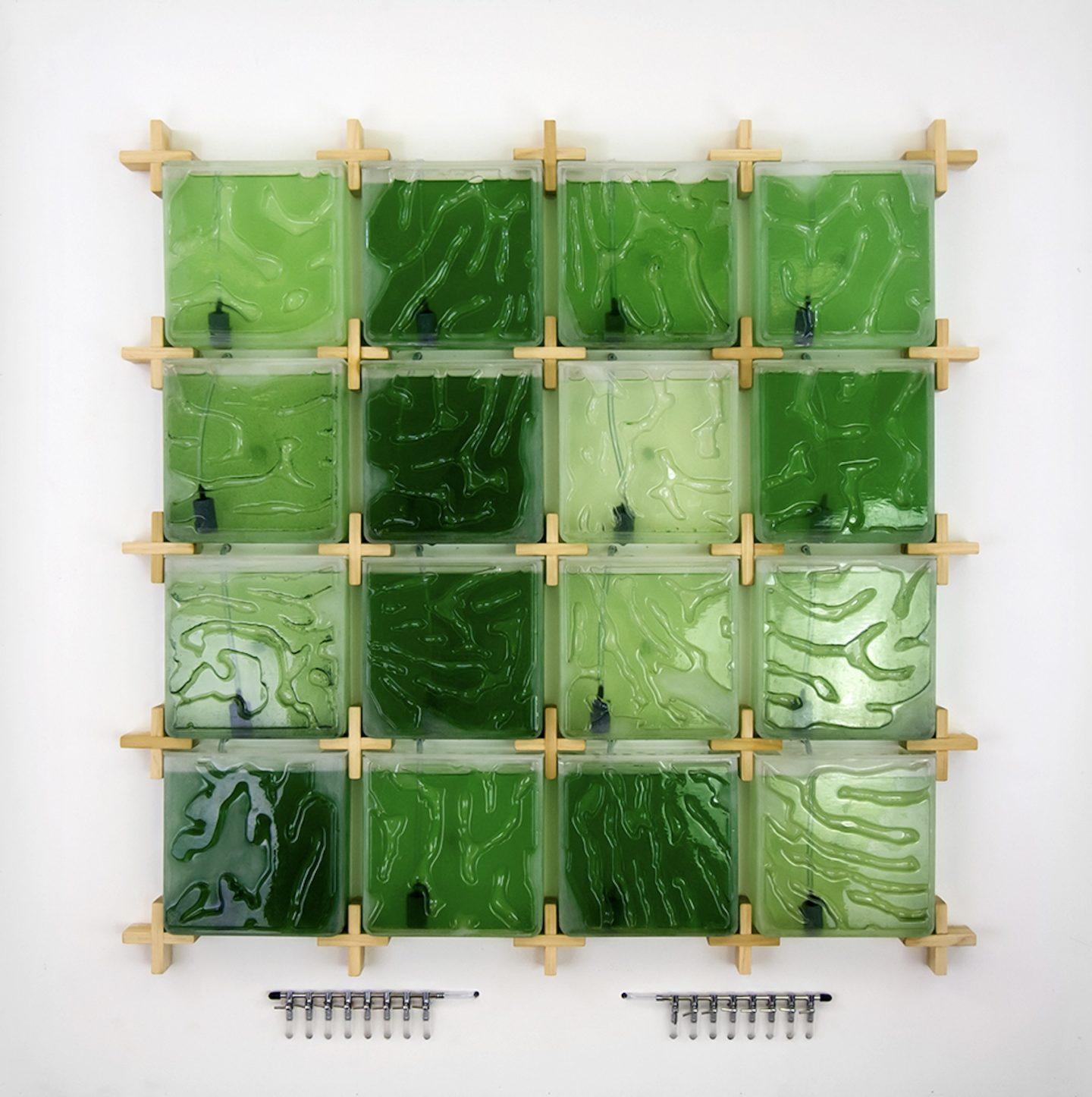
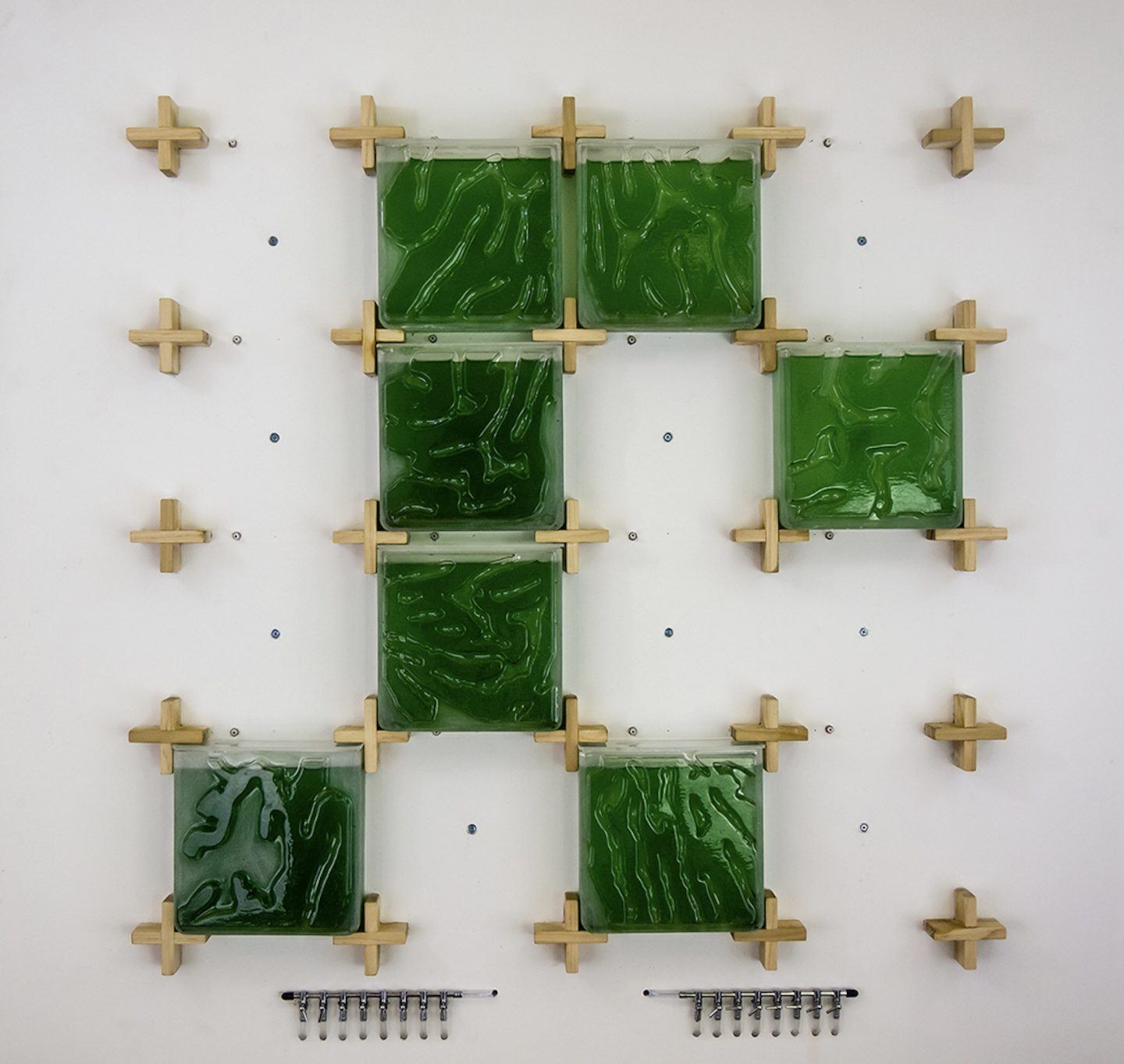
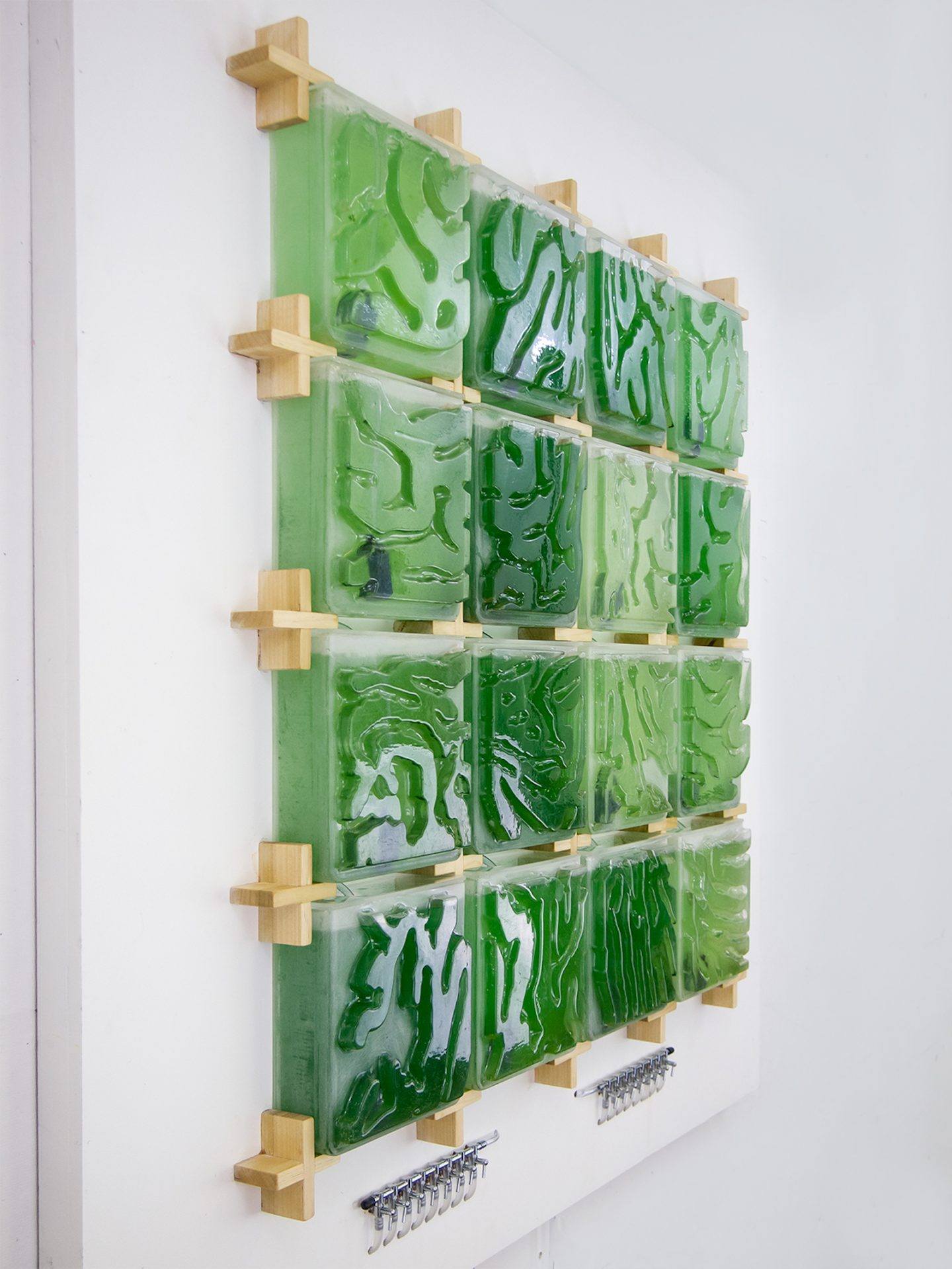
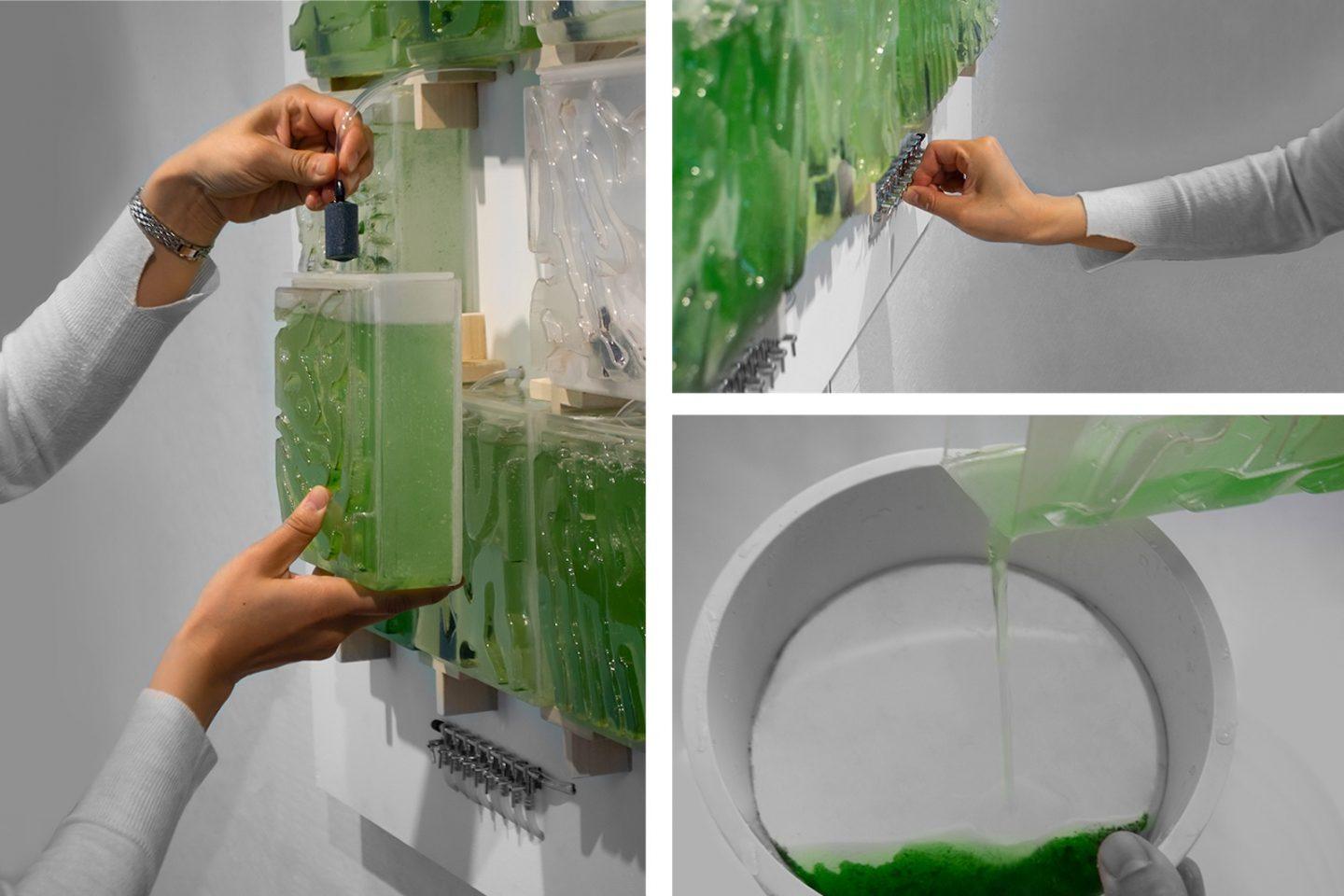
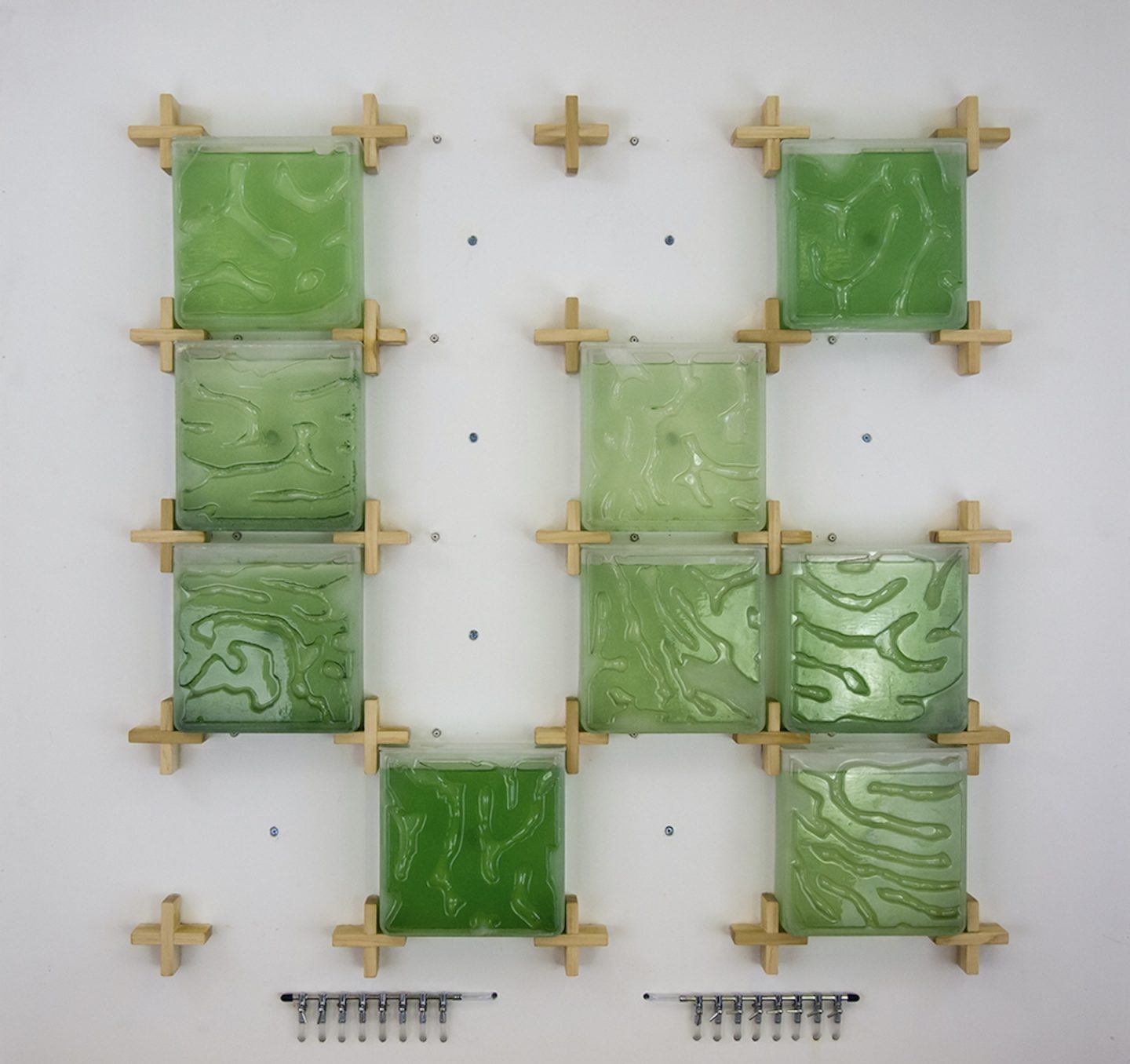
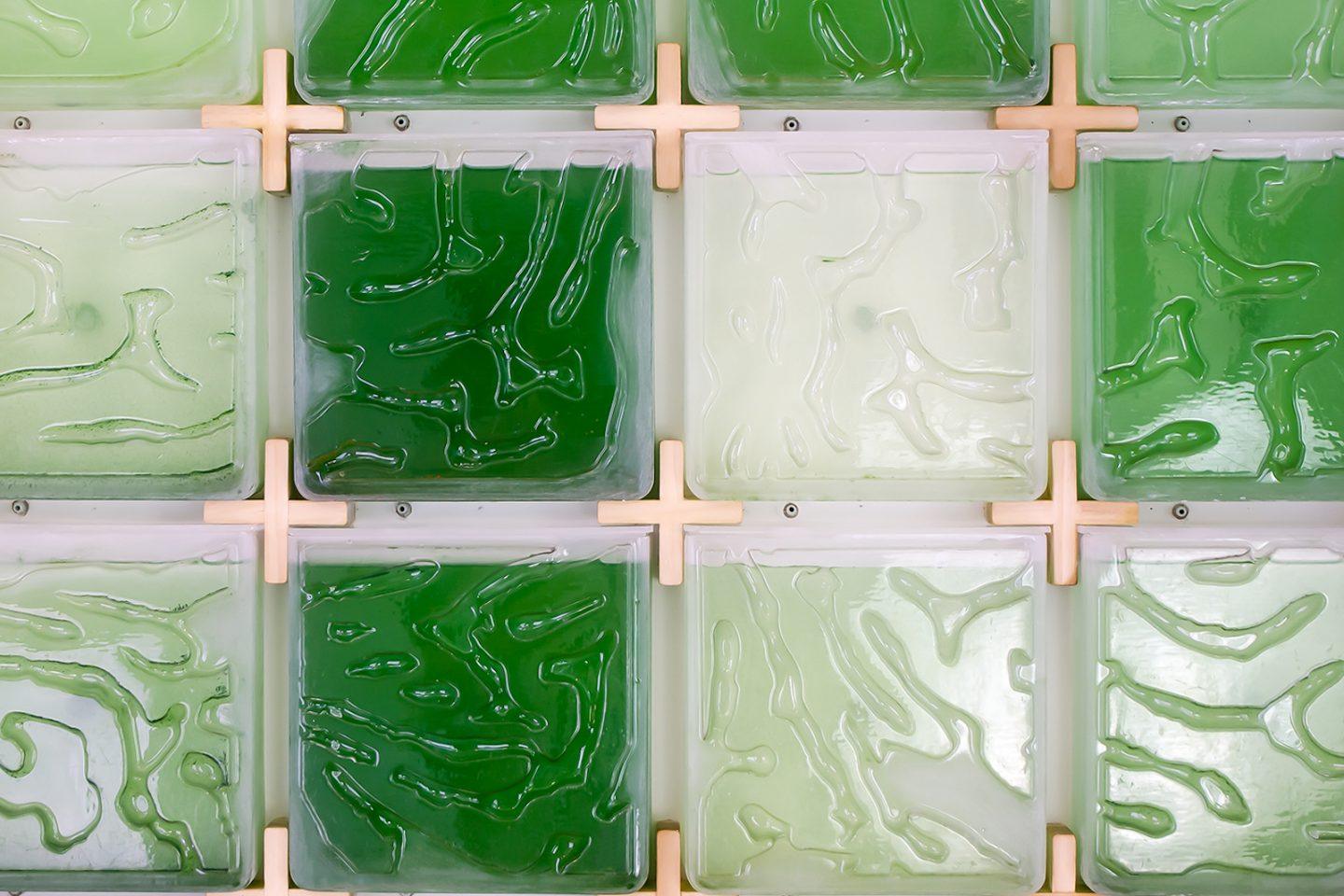
All images © Ulrim
